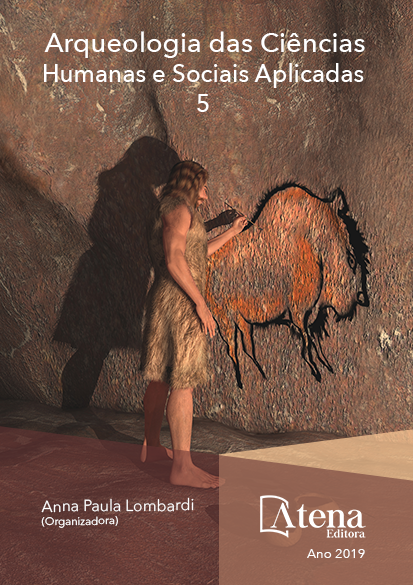
COMPARECIMENTO, ALIENAÇÃO ELEITORAL E O ÍNDICE DE FRACIONALIZAÇÃO
Os dados registrados sobre o
comportamento de “Votos em Branco” e “Votos
Nulos”, nas eleições presidenciais brasileiras,
indicam distintas motivações em diferentes
momentos históricos nacionais. A aceitação
pela literatura do conceito de Alienação e
posteriormente no Brasil, do conceito de
Alienação Eleitoral, de Santos, permitiu repensar
a estrutura do comportamento eleitoral no Brasil
e identificar uma taxa reflexa denominada
de Efetividade Eleitoral. O mesmo estudo
em andamento também verificou associação
estatística entre variáveis de infraestrutura
urbana e o Voto em Branco, bem como com
o Voto Nulo. Tais associações possibilitaram
reorientar os comportamentos componentes
da Alienação e da Efetividade para os Índices
de Aceitação e o de Rejeição das Listas
Eleitorais. Toda a argumentação permanece
baseada na fundamentação primeira de Lane
e é adicionada de estudos referentes da
opinião e da persuasão, ou seja, recepção
da informação pelo entendimento retórico de
Magalhães e Veiga. Estas alterações permitem
ensaiar efeitos referentes à fracionalização
eleitoral. Esta reorientação reposiciona o Voto
Nulo, juntamente ao Voto Válido e reforça
o comportamento de aceitação do Sistema
Político Eleitoral brasileiro.
COMPARECIMENTO, ALIENAÇÃO ELEITORAL E O ÍNDICE DE FRACIONALIZAÇÃO
-
DOI: 10.22533/at.ed.52019170124
-
Palavras-chave: Comportamento eleitoral, Fracionalização eleitoral.
-
Keywords: Electoral behavior, Electoral fractionalization.
-
Abstract:
The data registered on the
behavior of “Blank votes” and “Null votes”, in the
Brazilian presidential elections, they indicate
different motivations in different national
historical moments. The acceptance for the
literature of the concept of Alienation and later in
Brazil, of the concept of Electoral Alienation, of
Santos, it allowed to rethink the structure of the
electoral behavior in Brazil and to identify a tax
denominated reflex of Electoral Effectiveness.
The same study in process also verified
statistical association between variables of
urban infrastructure and the Blank vote, as well
as with the Null vote. Such associations made
possible to reorient the component behaviors of
the Alienation and of the Effectiveness for the
Indexes of Acceptance and the one of Rejection
of the Electoral Lists. All the argument stays
based in the first foundation of Lane and it is
added of referring studies of the opinion and
of the persuasion, in other words, reception
of the information for Magalhães and Veiga’s
rhetorical understanding. These alterations
allow to rehearse effects regarding the electoral
fractionalization. This reorientation reposition the Null vote, together to the Valid Vote and it reinforces the behavior of acceptance of
the Electoral Political System Brazilian.
-
Número de páginas: 15
- Franklin Soldati


